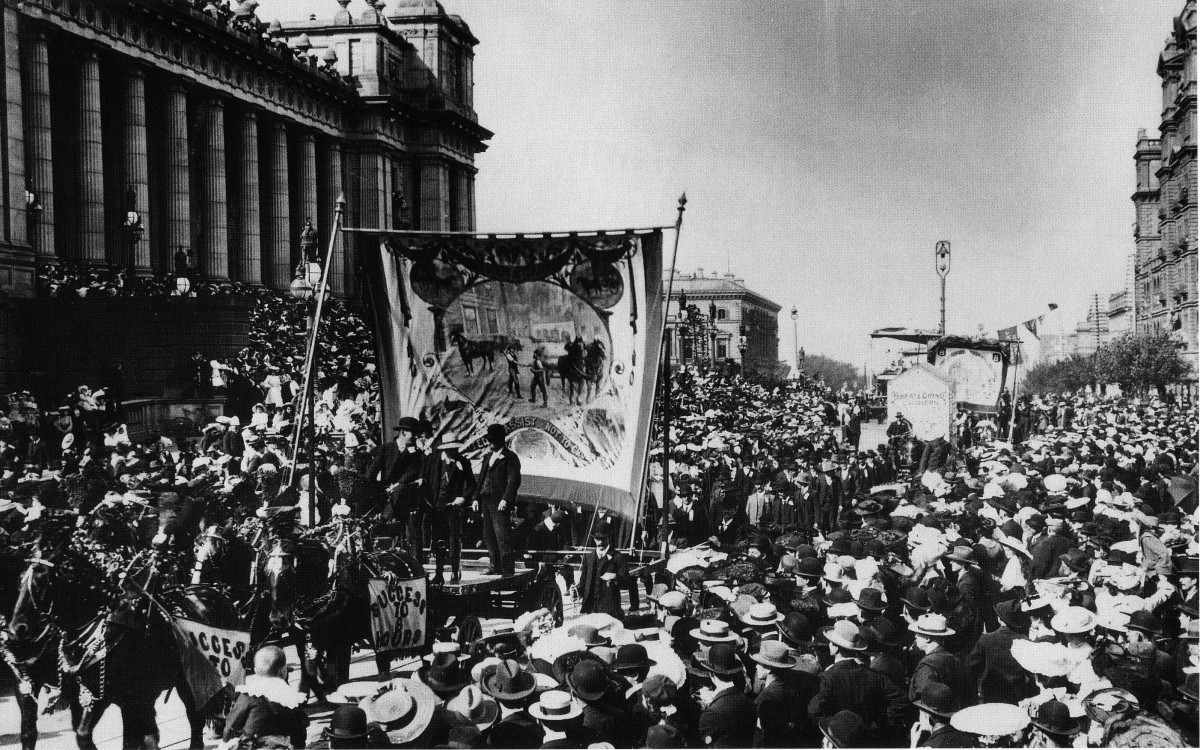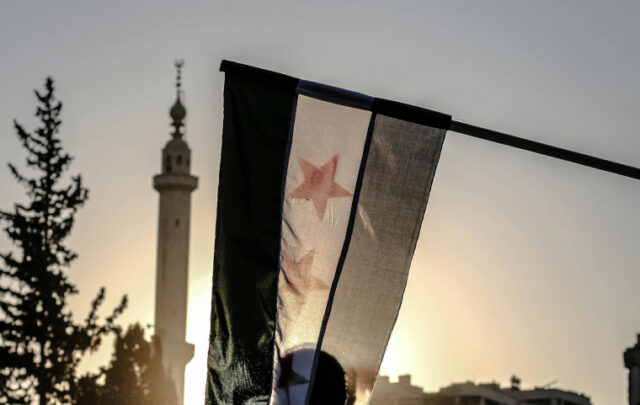Contribution to GTI Forum Can Human Solidarity Globalize?
Richard Falk’s question is obviously a synthesis of questions, including whether redistributive policies that have given rise to almost obscene economic inequalities can be corrected, whether the erosion of the welfare state can be curtailed, whether participative democracy can be reinvented, and whether the common good can replace the overarching principle of greed and egotism and inspire a tangible species identity. The answer could be a simple yes, that globalizing solidarity is possible if the dominating neoliberal paradigm is suspended or transcended—i.e., if a far-reaching paradigm shift takes place as in the seventies, when the Keynesian economic model was replaced by a Hayekian one. Bearing in mind the turmoil, crises, risks, and victimizations the neoliberal project has produced, one would think that a change toward a kinder and fairer world, tailored “for the Many and not a Few” (to quote Jeremy Corbyn), is not an unrealistic hope.
However, in assessing the realism of this hope, one has to face the fact that the global neoliberal order has demonstrated its capacity not only to survive the consequences of the economic crises, extreme social inequalities, and growing number of excluded and superfluous it produces, but also to protect and extend the privileges of the tiny but extraordinarily powerful minority, with little effective opposition. Neoliberal capitalism expands, incorporates, and creates new non-transparent locations of power and decision-making, but also victims with distorted perceptions of self-interest and limited or no capacity for collective action.1 Together with technological advances that, among else, “humanize the machines” and are moving towards giving them independent decision-making capacities, the neoliberal order is creating a new Reality. This new Reality encompasses the still present murmurs of the colonial past and the nascent digital future, with but a very hoarse voice of the Left.
Nevertheless, there is an expectation that somehow the accumulation of the grievances and existential threats will produce a spontaneous rehabilitation of the ethos of solidarity—solidarity as a civic relation, political right, and praxis. But what if the class war has already been won by the 1%, and their victory together with technological advances has radically tamed the capacity of resistance? What if the distance between the privileged minority and the rest is so wide that little space exists for negotiations and social compromise? What if this distance between the unjust distribution of life goods and the walls of power protects the privileged from the ills and threats of the really existing order? Moreover, to what extent do the illogical reactions of the victimized citizens, forced to battle for their own interests in a situation where the protection of state is severely curtailed or nonexistent, lacking the experience of community, solidarity, and the common good, participate in creating an extended entropy?
I am posing these questions in order to point out that there is a need to address the challenge concerning the defeated, excluded, and victimized citizens and their distorted choice of options. Consider the recent failed attempt by workers in Bessemer, Alabama, to create a union in an Amazon distribution center. In spite of the inhumane conditions of work (where, among else, monitoring of time and work is done by algorithms), only 738 out of 5,805 of workers voted for the union. Some of them voted no due to the pressure and threats of the managements; younger workers did either because they do not understand unions, never had anything to do with them, or perceive them as thieves who want to take part of their hard-earned income; and others who did have some union experience did out of disillusionment that nothing positive came out of it.2 If we link this one illustration with the fact that in the US only 6.3% of those employed in the private sector are members of unions, we can discern how the experience of collective action, protection, and solidarity are structurally invisible.
Another perplexing finding comes from a recent German survey done by researchers from the University of Kostanz and Berlin.3 The results show that amidst a growing income and wealth gap, a “perception fallacy” is present. For instance, the poorest 10% see themselves as belonging to the “middle class.” As a result, the researchers argue, the debates on inequality tend to remain an abstract issue for the average voters, who seem to have a hidden “conservative instinct” when these questions are discussed. Finally, the antagonistic relations of workers in the rich countries to the non-European and non-American refugees and migrants in the last decade shows once again, the illusion that victims of the same global system have the capacity to mutually recognize each other’s predicament and demonstrate Kantian hospitality, an instinct of solidarity. Instead, a new wave of building walls ensued, legitimized by their fear and existential anxiety.4
This to my mind means that critical social science itself has to undergo a re-examination of its quest, and develop diagnostic capacities and insights that address the structurally determined illogical responses of the losers, the humiliated, and the excluded. Theory must find a way to articulate the complex predicament and reach the incapacitated citizens that have accepted being reduced to “coping, hoping, doping, and shopping.”5 Revealing the new locations of power, the real (non-transparent) adversaries, as well as exploring their vulnerabilities and discovering possible new spaces and forms of resistance and solidarity, is a task yet to be addressed. The question “Can solidarity be globalized?” is thus simultaneously a question of to what extent have we deciphered the world in which we live, where we can locate the hidden energies of resistance and collective action, and whether the clear articulation of new theoretical insights, beyond ethical and political appeals, can become a “material force,” a transformative contribution to the emergence of movements devoted to the recreation of spaces of collective action and solidarity.
1. Wolfgang Streeck, How Will Capitalism End? (London: Verso, 2016), 36.
2. Maxime Robin, “Pouquoi les syndicats américains ont perdu face à Amazon,” Le Monde diplomatique (Serbian version), May 2021, 4-5.
3. Philip Oltermann, “German Voters’ View of Personal Wealth Causes Problems for the Left,” The Guardian, May 26, 2021, https://www.theguardian.com/world/2021/may/26/german-voters-view-of-personal-wealth-causes-problems-for-the-left.
4. Pankaj Mishra, Age of Anger, A History of the Present (London: Allan Lane, 2017).
5. Streeck, How Will Capitalism End?, 41.
Teaser photo credit: Eight-hour day march circa 1900, outside Parliament House in Spring Street, Melbourne. Public Domain, https://commons.wikimedia.org/w/index.php?curid=56817831





